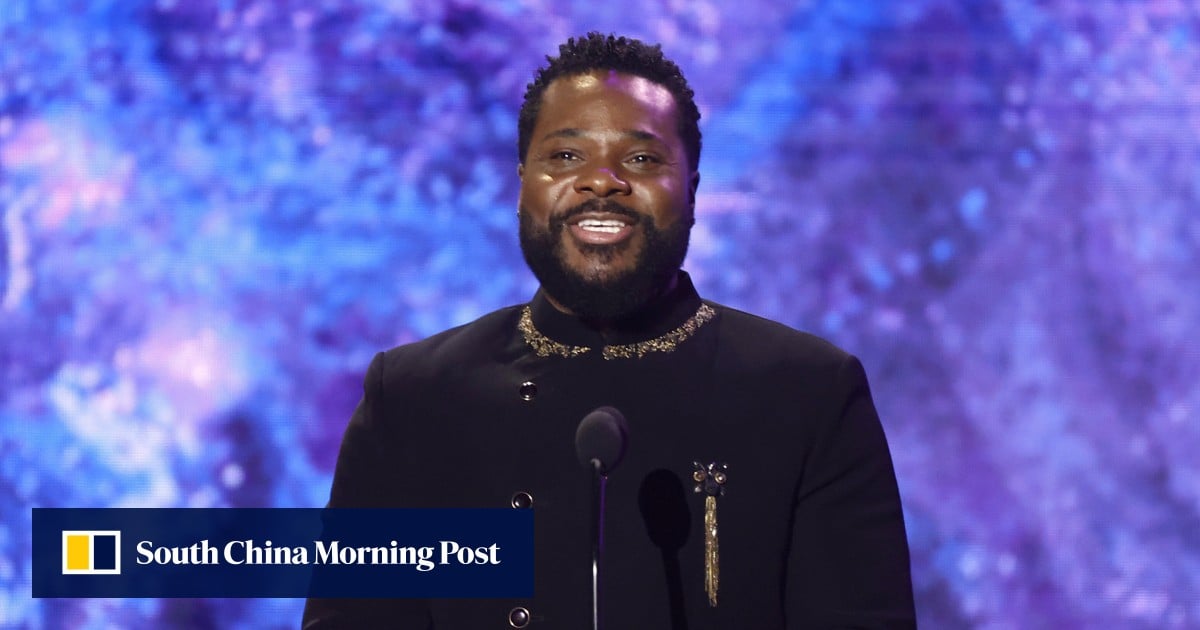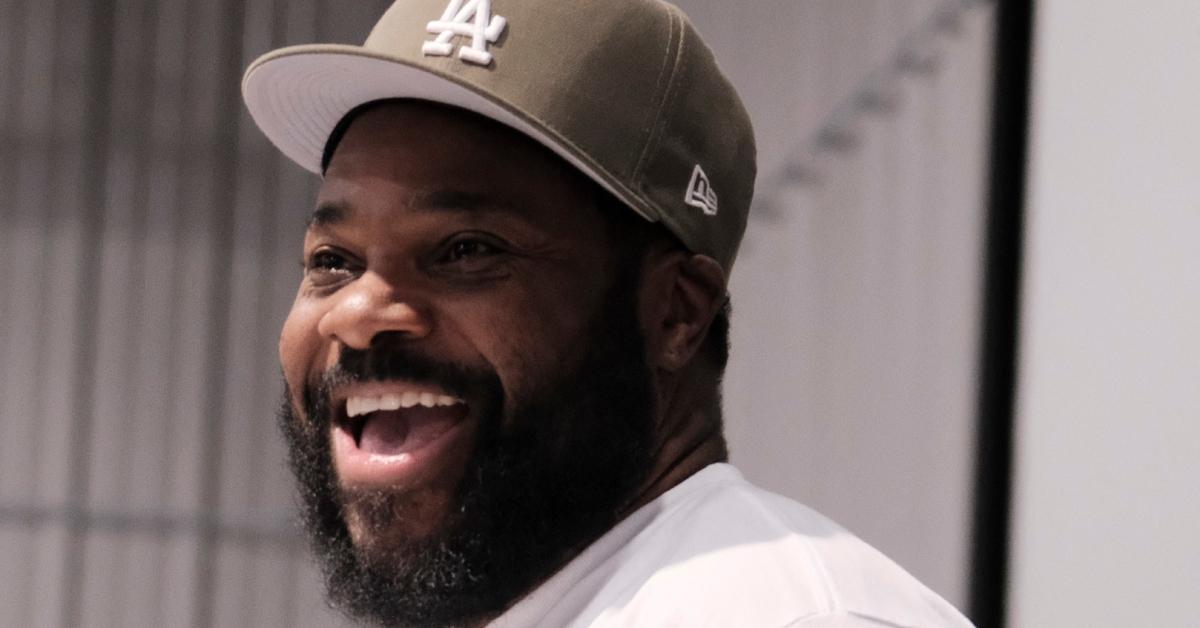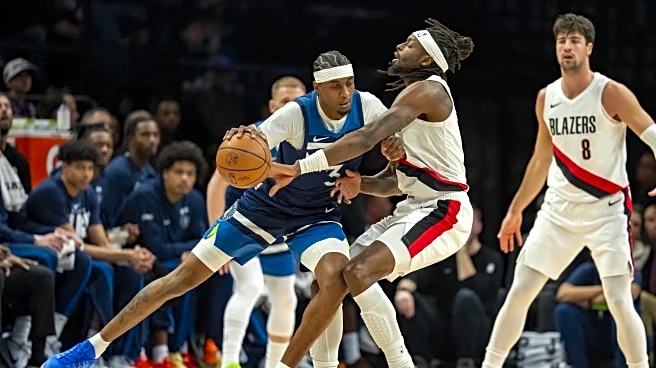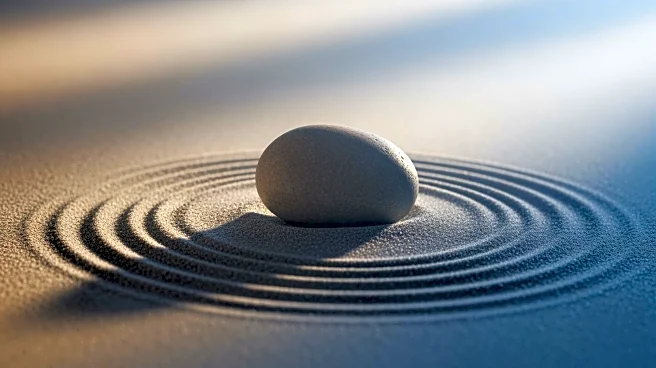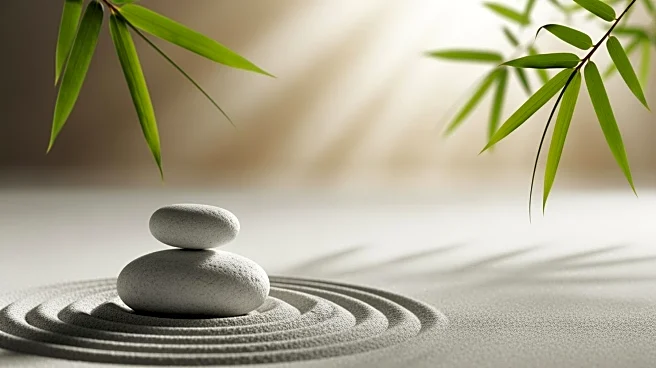Malcolm-Jamal Warner, the cherished actor known for his role as Theo Huxtable on "The Cosby Show," has died at the age of 54 following a tragic drowning incident during a family vacation in Costa Rica.
Did You Know
Butterflies taste with their feet.
?
AD
While swimming at a beach notorious for its strong rip currents, Warner struggled against the powerful waves, leading to his untimely demise. His 8-year-old daughter was present during the incident and was fortunately rescued by a surfer, who pulled her to safety while Warner was reportedly struggling in the water.
The actor's sudden passing has ignited an outpouring of grief from friends, fans, and fellow artists alike. Former co-stars, including Tracee Ellis Ross and Bill Cosby, expressed their sorrow and fond memories of Warner. Cosby, who played his on-screen father, reflected on their close bond and the deep impact Warner had on his life and career. This tragedy not only leaves a void in the hearts of those who knew him personally but also in the broader community, where Warner served as a beacon of representation for Black actors on television.
Warner's legacy extends beyond his iconic portrayal on "The Cosby Show." His character resonated with many viewers, bringing to light critical issues such as dyslexia and the struggles faced by young people navigating education. As conversations around Warner's untimely death unfold, there is a renewed focus on ocean safety and the importance of awareness in recreational activities. The loss of Malcolm-Jamal Warner is felt deeply, as he leaves behind a rich legacy filled with inspiration and love.
Q&A (Auto-generated by AI)
What led to Malcolm-Jamal Warner's drowning?
Malcolm-Jamal Warner drowned while swimming in Costa Rica on July 20, 2025. Reports indicate he was caught by a strong ocean current while swimming with his 8-year-old daughter. Despite attempts to rescue him, he was pulled under and later pronounced dead due to asphyxia by submersion. A second individual was also involved in the incident, reportedly trying to save Warner, and was left in critical condition.
How did 'The Cosby Show' impact Black representation?
'The Cosby Show' significantly impacted Black representation on television by showcasing a successful African American family in a positive light. Airing from 1984 to 1992, it broke stereotypes and provided a platform for discussions around race, education, and family values. Characters like Theo Huxtable, played by Warner, resonated with viewers, particularly among Black youth, and fostered a sense of pride and visibility in media.
What roles did Warner play beyond Theo Huxtable?
Beyond his iconic role as Theo Huxtable on 'The Cosby Show,' Malcolm-Jamal Warner showcased his versatility in various roles. He starred in 'Reed Between the Lines,' where he played a father balancing family and career. Warner also appeared in 'Sons of Anarchy' and directed episodes of 'The Cosby Show.' His career spanned acting, directing, and music, contributing to his legacy in the entertainment industry.
What safety measures exist for swimming in Costa Rica?
Costa Rica is known for its beautiful beaches but also has strong currents and rip tides, especially in certain areas. Safety measures include heeding warning signs, swimming only in designated areas, and being aware of local conditions. Lifeguards are often present at popular beaches, but swimmers are advised to assess conditions before entering the water, particularly during rough weather or high surf.
How did celebrities react to Warner's death?
The death of Malcolm-Jamal Warner prompted an outpouring of tributes from celebrities and former co-stars. Notable figures like Bill Cosby, Raven-Symoné, and Tracee Ellis Ross expressed their grief and shared fond memories. Many highlighted Warner's impact on their lives and the entertainment industry, reflecting on his legacy as a beloved actor and friend, and the profound sense of loss felt within the community.
